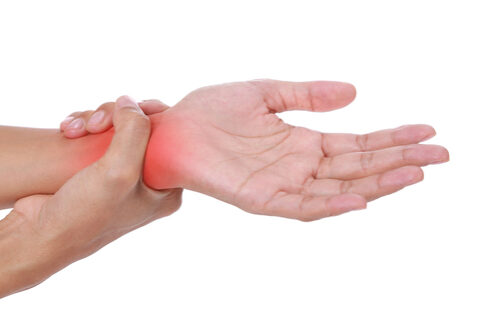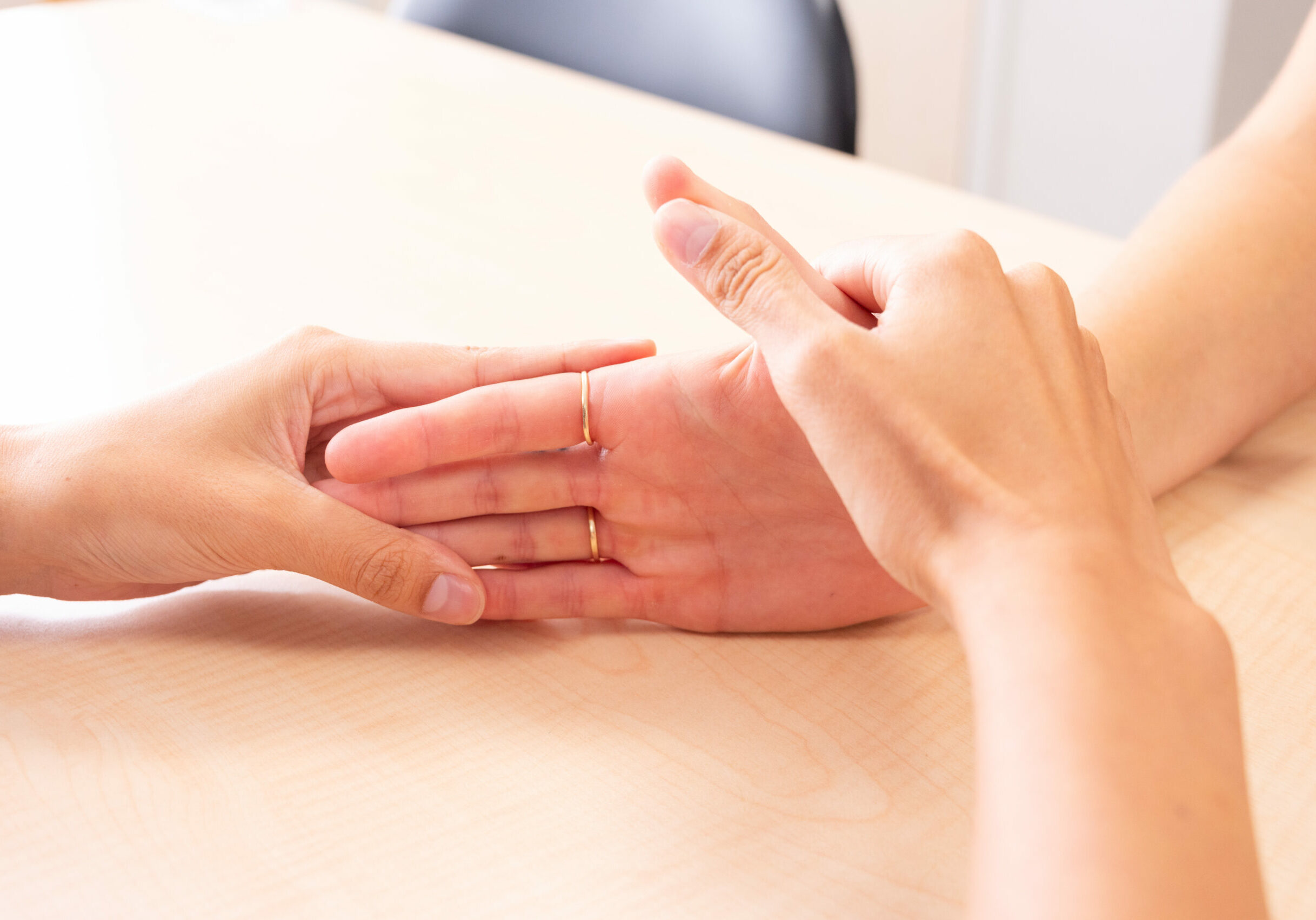Functional Home Exercises for Patients with Wrist Instability
Filed under Treatments
Functional Home Exercises for Patients with Wrist Instability
Ever wondered what brushing your teeth, dressing, making a U-turn, and playing sports have in common? They all rely on a stable wrist. Wrist stability is crucial for everyday activities, supporting wrist proprioception, coordination, motor control, stability, and mobility (Wietlisbach, 2019). For patients recovering from a wrist injury or patients with wrist instability , maintaining this stability is essential, but keeping up with home exercises can be challenging without engaging tools.
In the clinic, fun tools like a disc stacker or gyroball can motivate patients during exercises. However, at home, adherence can wane without these tools.
Here are some simple wrist exercises patients can incorporate into their daily routine:
1.) Towel Wiping
- Engage in household chores like cleaning tables or mirrors using a soft towel. This activity provides proprioceptive feedback through weight-bearing and tactile sensory input.
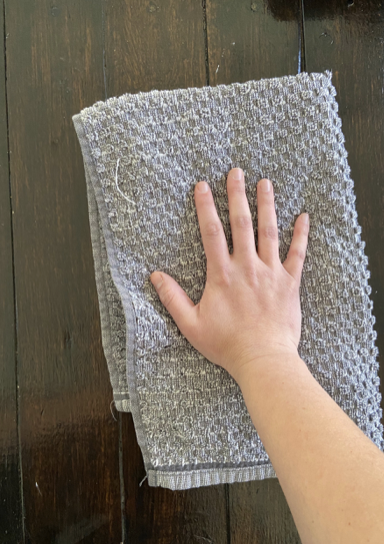
2.) Wrist Stability with a Plate
- Hold a plate with a marble on it in the palm of your hand, keeping your elbow close to your side. The goal is to keep the marble centered on the plate. For increased difficulty, add more marbles. This exercise enhances proprioception, wrist stability, and motor control.
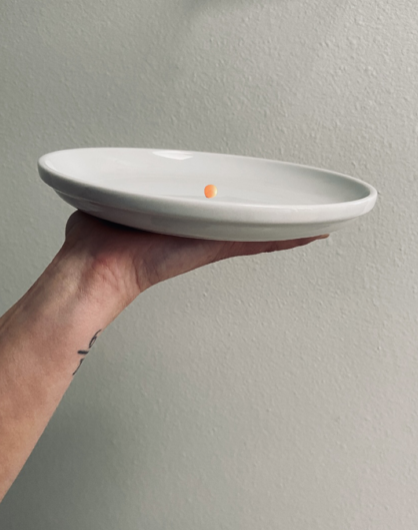
3.) Broom Turning and Gripping
- Before sweeping, practice motor coordination and gripping skills. Hold the broom from the top of its handle, slightly above the floor. Release the broom, then gradually grip lower down the handle without letting it touch the floor. Repeat until reaching the end of the handle. This exercise integrates sensorimotor function into daily activities (IADLs).
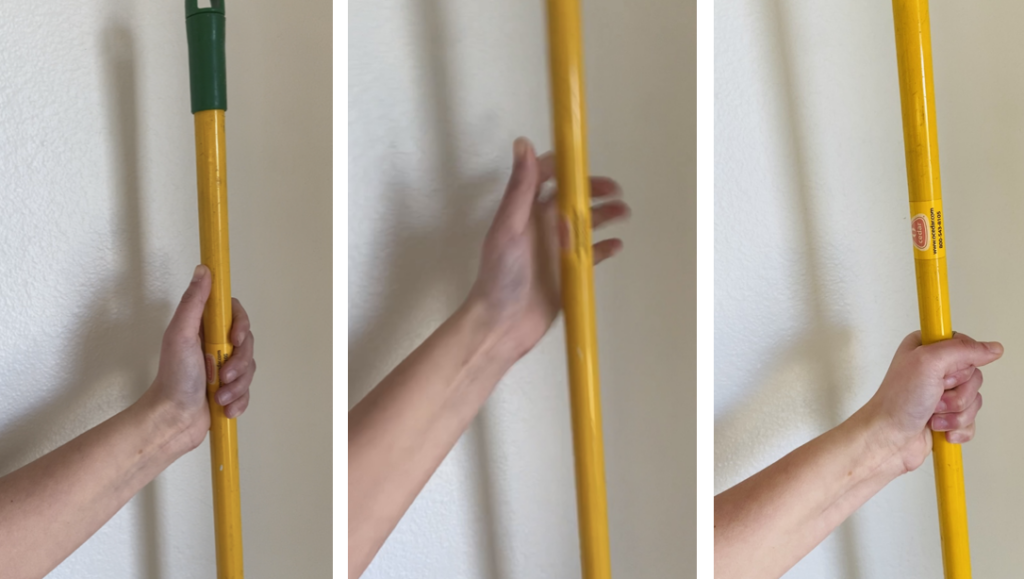
These exercises not only support rehabilitation but also encourage patients to integrate their therapy into daily tasks. By incorporating these activities into their routine, patients can improve their wrist instability and overall recovery. As always make sure this is an appropriate exercise based on the stage of rehabilitation that the patient is in.
Wietlisbach, C. (2020). Cooper’s Fundamentals of Hand Therapy, 3rd ed. Elsevier Inc.
More To Read
3 Common Reasons for Ulnar-Sided Wrist Pain and Non-Surgical Hand Therapy Treatment Options
3 Common Reasons for Ulnar Sided Wrist Pain
Read MoreVideo-augmented mirror therapy for upper extremity rehabilitation after stroke
Kim, H., Kim, J., Jo, S., Lee, K., Kim, J., & Song, C. (2023). Video augmented mirror therapy for upper extremity rehabilitation after stroke: a randomized controlled trial. Journal of Neurology, 270(2), 831-842. Article Review: Shannon Skowbo The Skinny: This single-blind, randomized control trial aimed to assess the effects of mirror therapy for stroke patients…
Read MorePain management techniques for Wrist Fractures
Pain management techniques for wrist fractures Distal radius fractures account for 17.5% of all fractures with a median age of 60.23(Candela et.al, 2022). Pain management is a significant part of post wrist fracturetreatment due to limitations that pain incurs. Chronic Regional Pain Syndrome (CRPS) canoccur along with a distal radius fracture but will not be…
Read MoreSign-up to Get Updates Straight to Your Inbox!
Sign up with us and we will send you regular blog posts on everything hand therapy, notices every time we upload new videos and tutorials, along with handout, protocols, and other useful information.


